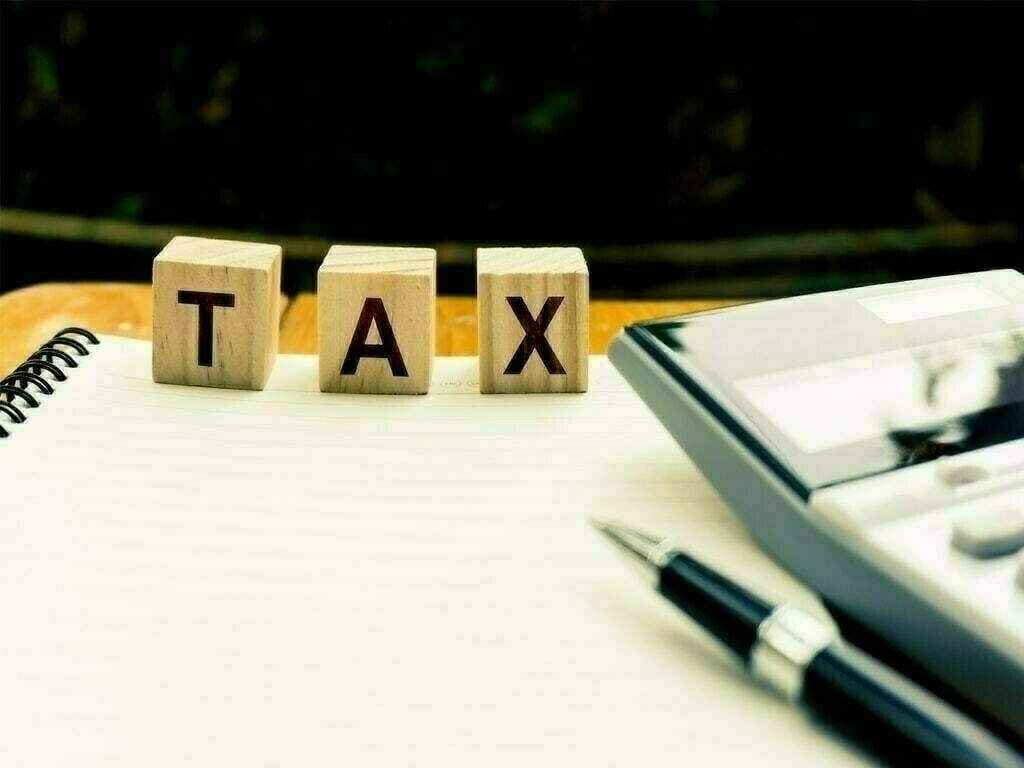Islamabad, May 23, 2025: In a major budgetary change for Pakistan’s export sector, the government has announced that exporters will now pay an 18% sales tax on imported raw materials, aligning them with the taxation already applied to local inputs.
The move, guided by the Federal Board of Revenue (FBR) and part of broader IMF-backed reforms, has sparked concern across the business community.
This tax adjustment aims to create uniformity between domestic and imported inputs used in export production. Since last year, local raw materials used for export goods have been taxed at 18%, and now the same rule will apply to imports—potentially raising operational costs for exporters who rely on foreign inputs.
The decision forms part of a larger fiscal strategy shaped under the guidance of the International Monetary Fund (IMF). According to the Express Tribune, exporters are also required to pay a 1% minimum income tax on gross receipts, alongside the 29% standard corporate tax, a burden that many stakeholders deem excessive.
FBR Member Tax Policy Dr. Najeeb Memon, during a session of the National Assembly Standing Committee on Finance, confirmed that this 1% minimum tax is non-refundable and will remain in place for at least two to three more years. The IMF reportedly insisted on retaining this policy due to unpredictability in standard tax collections.
“The system continues to penalize exporters with layered taxation, without offering proportionate support or refunds,” noted a Karachi-based textile exporter, highlighting the financial pressure on Pakistan’s already strained industrial base.
In the same committee meeting, Chairman Syed Naveed Qamar openly criticized the FBR for its passive tax enforcement approach.
Read More: SECP Warns Against Fraudulent Online Trading Platforms
He also postponed the approval of the Income Tax Second Amendment Bill, which proposes to restore a 25% tax credit for full-time teachers and researchers from July 1, 2022, until tax year 2025.
However, private medical practitioners have been excluded from this incentive, drawing mixed reactions from stakeholders in the academic and healthcare sectors.









